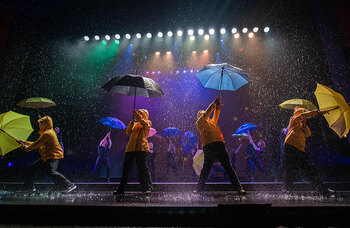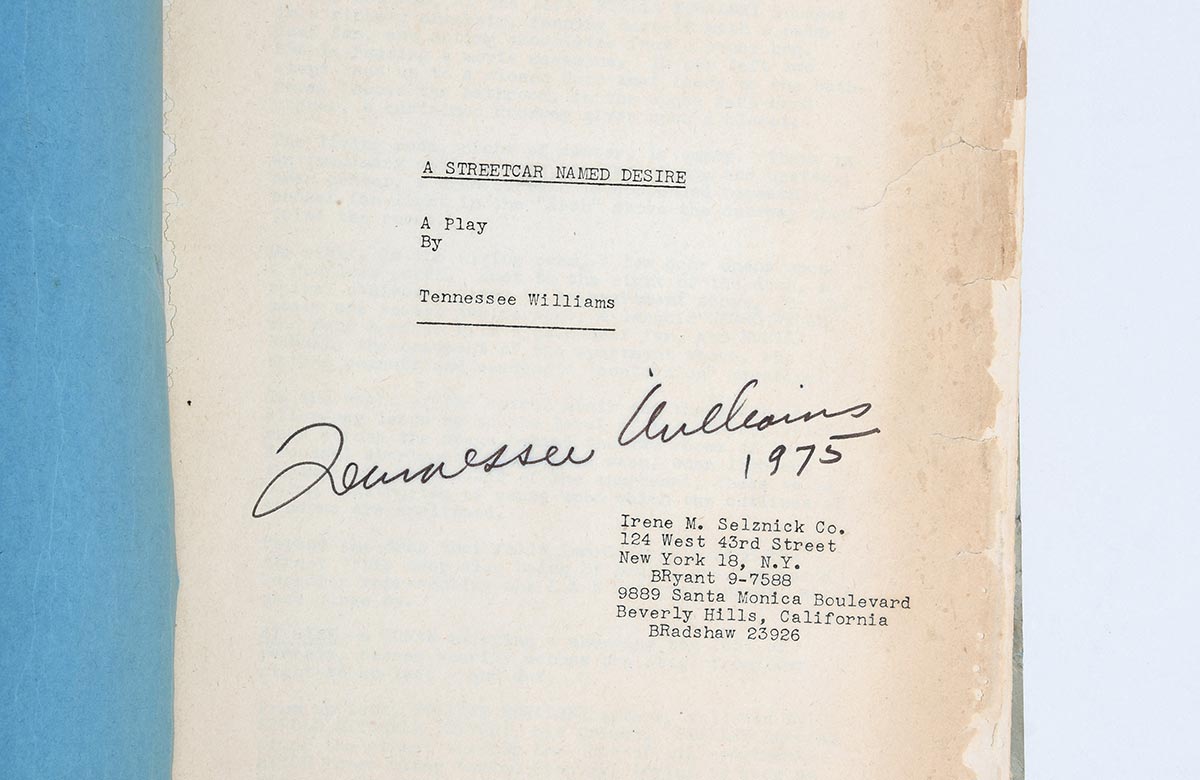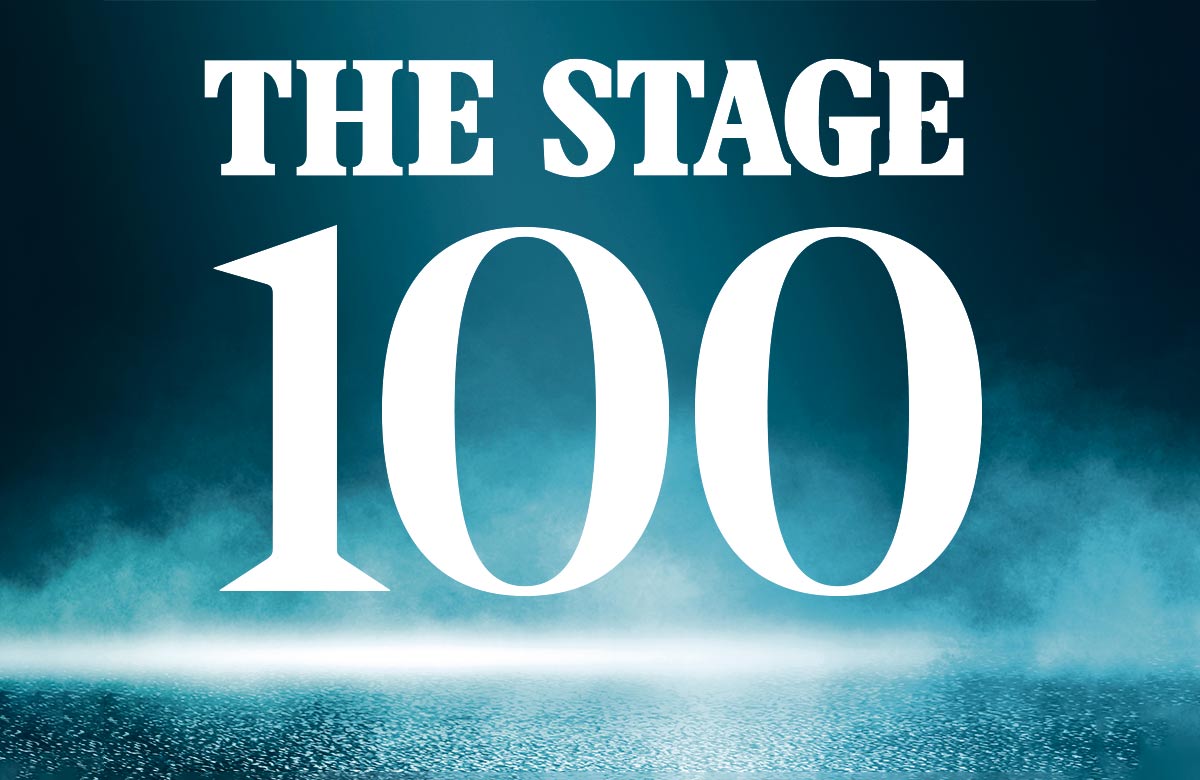Should only disabled actors play Shakespeare’s Richard III?

Michelle Terry in Richard III at Shakespeare’s Globe (2024); Arthur Hughes in Richard III at the Royal Shakespeare Theatre, Stratford-upon-Avon (2022). Photos: Marc Brenner; Ellie Kurttz
Support The Stage by registering or subscribing
To continue reading this article you must be logged in.
Register or login below to unlock 3 free articles every month.
OR
Or subscribe from just £7.99 and get unlimited access to thestage.co.uk.
Opinion
Recommended for you
Opinion
Recommended for you
Most Read
Across The Stage this weekYour subscription helps ensure our journalism can continue
Invest in The Stage today with a subscription starting at just £5.99











